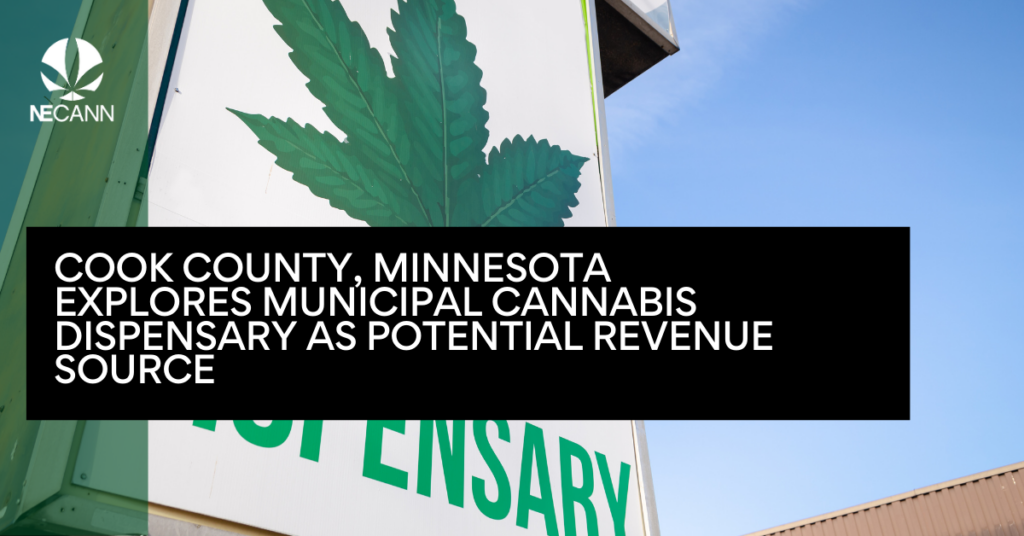Officials in Cook County, Minnesota, are contemplating the idea of operating a municipal cannabis dispensary. Drawing inspiration from their existing liquor store model in Grand Marais, county administrators see this as a way to generate additional revenue for the local government.
County Administrator James Joerke explained that the county’s interest in a government-run dispensary stems from the potential to create a new revenue stream that could help offset the county levy. Similar to the liquor store, the county would not cultivate its own cannabis products but would purchase them from a non-county entity, likely an independent grower.
Commissioner Dave Mills likened the proposed scenario to the operation of the Grand Marais liquor store. In this setup, the city does not produce its own liquor but procures it from external suppliers and then sells it to consumers.
To address potential federal law conflicts, Mills suggested that the Cook County Economic Development Authority (EDA) could assume responsibility for the dispensary. However, he noted that the EDA Board of Directors expressed reservations about the plan.
According to data from the Minnesota Department of Revenue, the state had already collected nearly $600,000 in sales tax from cannabis through August 21. These revenues are projected to provide substantial additional funding to the state’s General Fund in the coming fiscal years, with $15.4 million expected in 2024, $50 million in 2025, and $84 million in 2026.
Cook County’s exploration of a municipal cannabis dispensary reflects a growing trend among local governments seeking to harness the economic benefits of legalized cannabis while navigating complex legal and regulatory landscapes.
For more updates on cannabis-related developments, subscribe to receive daily news updates.



